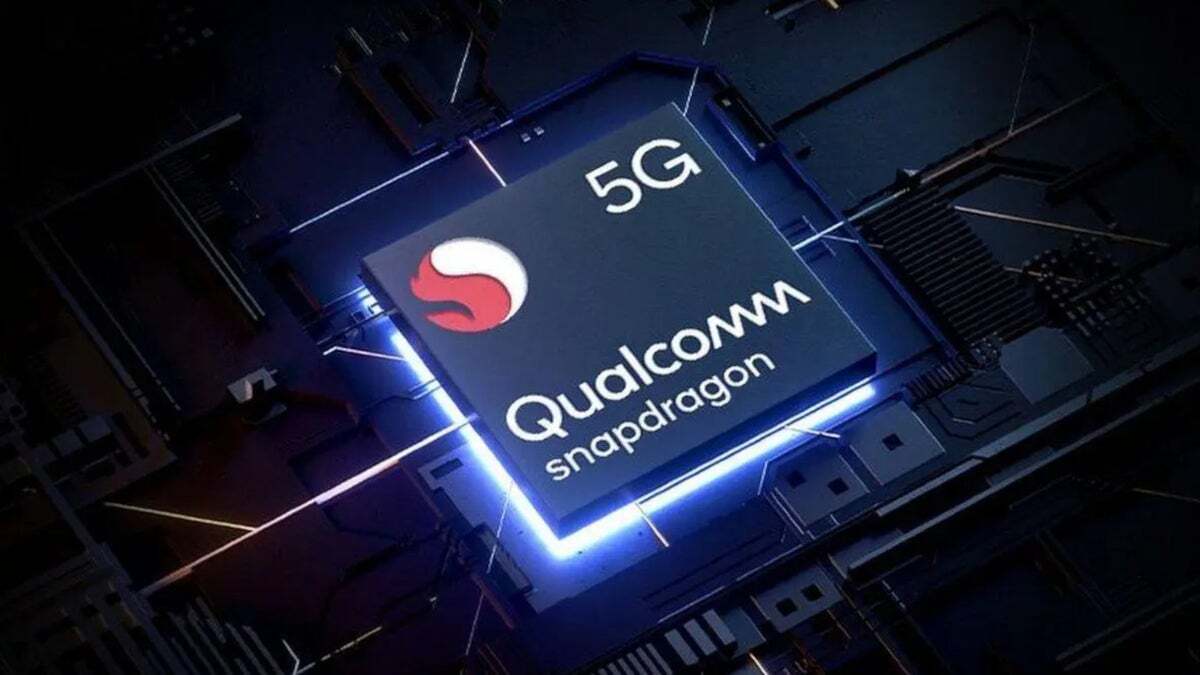Dark side of Qualcomm surfaces as company agrees to settle a lawsuit for $75 million

When you think of Qualcomm, what comes to mind? For many, the Qualcomm name evokes images of their powerful Snapdragon application processors and their outstanding 5G modem chips. But there is another side to the San Diego-based company that seems to have been forgotten. Yes, the fabless chip designer has a dark side when it comes to dealing with phone manufacturers.
Remember Qualcomm's "No License, No Chips" mantra? This is just one of Qualcomm's questionable sales practices that phone manufacturers are not happy about. The company also computes royalties based on the higher retail product of a device containing its chips rather than computing the amount based on the price of the chips themselves. Another complaint stated that Qualcomm also fails to license standard essential patents (SEP). Because these are patents that need to be licensed in order for a product to meet certain technical standards, they must be licensed on a fair and non-discriminatory (FRAND) basis.
In 2019, Judge Lucy Koh (from Apple v. Samsung fame) presided over the Federal Trade Commission (FTC) v. Qualcomm non-jury trial and ruled against the chip designer. For a brief moment, it appeared that Qualcomm was going to be forced into revising its sales policies. But a little over a year later, a three-judge panel in California's Ninth Circuit tossed out Judge Koh's ruling and the FTC folded. The court ruled that Qualcomm's actions were not anti-competitive.

Qualcomm agrees to pay $75 million in cash to settle class action suit
Now, according to The Register, Qualcomm has agreed to pay $75 million to settle a class action suit brought by investors in the company's stock. The investors claim that Qualcomm made misleading statements that artificially inflated the price of its shares. More specifically, these investors allege that Qualcomm incorrectly said that its chip sales and licensing businesses were separate units. Qualcomm also allegedly said that it refused to license its standard essential patents to competitors.
The latest court filing notes, "Lead Plaintiffs further alleged that the price of Qualcomm’s common stock was artificially inflated as a result of Defendants' allegedly false and misleading misstatements and omissions, declining upon the announcements of certain enforcement actions and a lawsuit brought by Apple."
The lead plaintiffs say that they are happy with the settlement and say that it is a "favorable result, particularly given the significant risks of this litigation." The all-cash settlement still needs the approval of Judge Jinsook Ohta who sits on the U.S. District Court for the Southern District of California in San Diego. Attorneys for both sides will meet on June 26th to schedule a final settlement hearing.
News that the settlement is moving closer to being approved helped Qualcomm's shares soar $4.87 (2.19%) today to $227.09 in mid-afternoon NASDAQ trading.










Things that are NOT allowed: